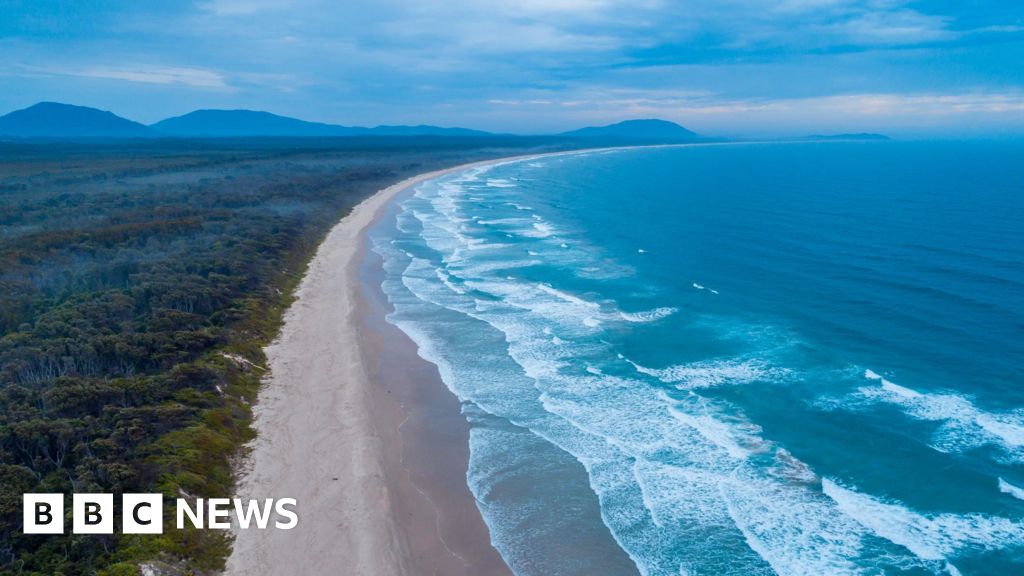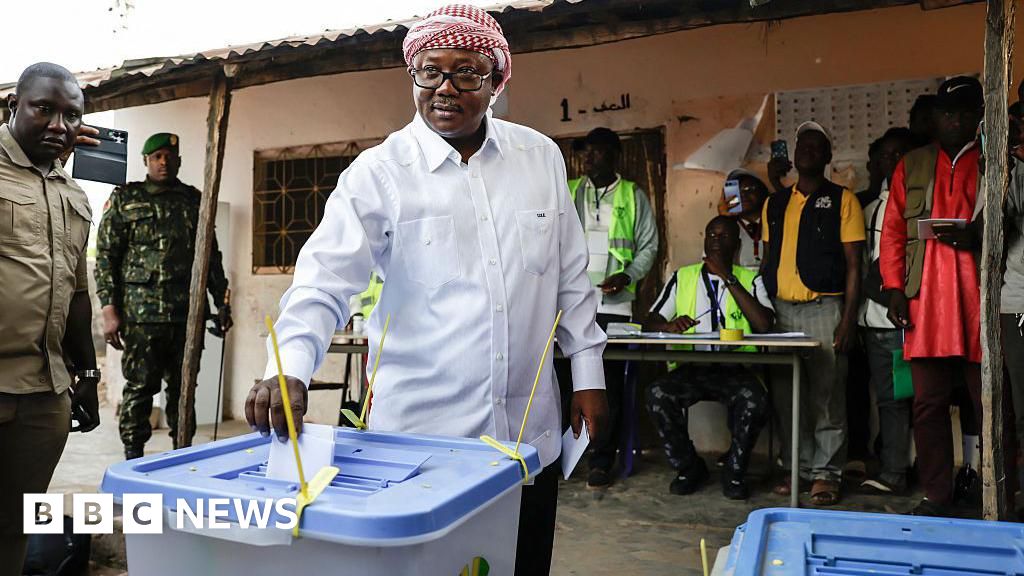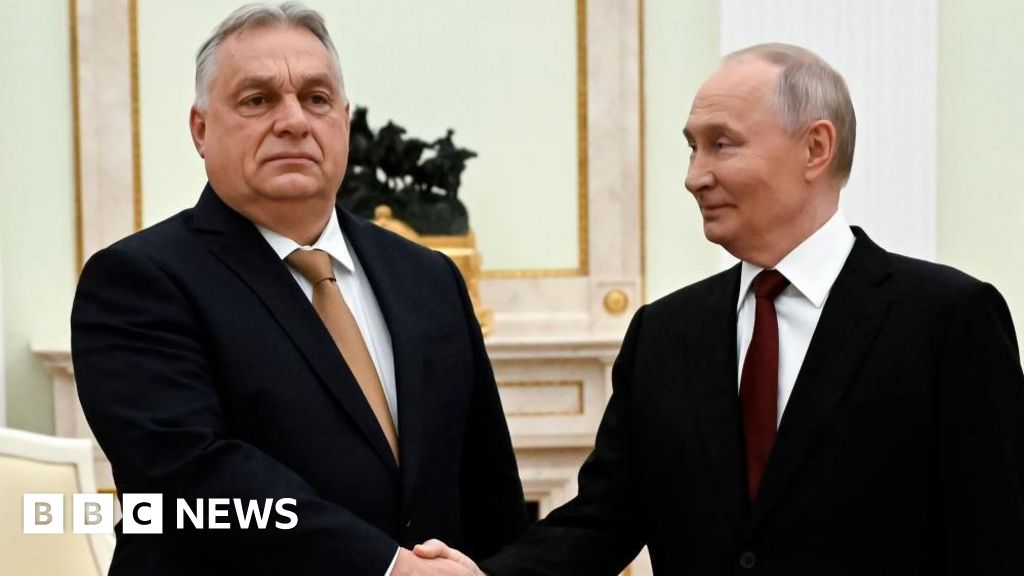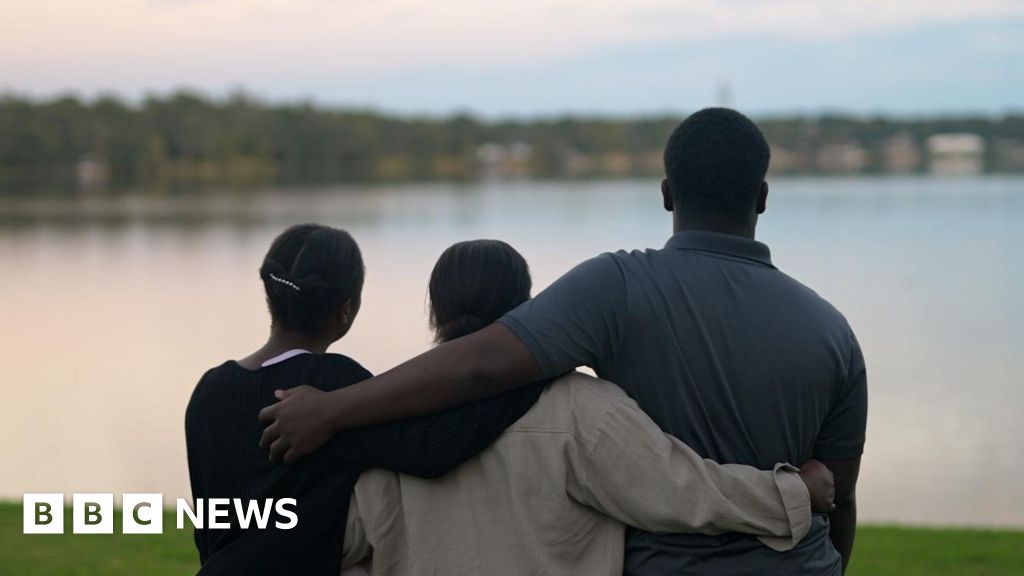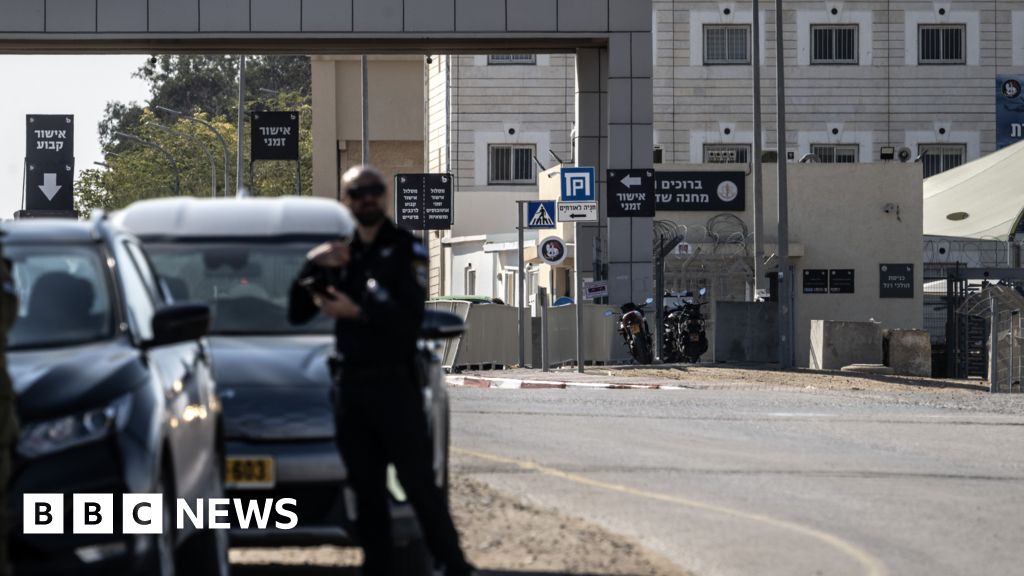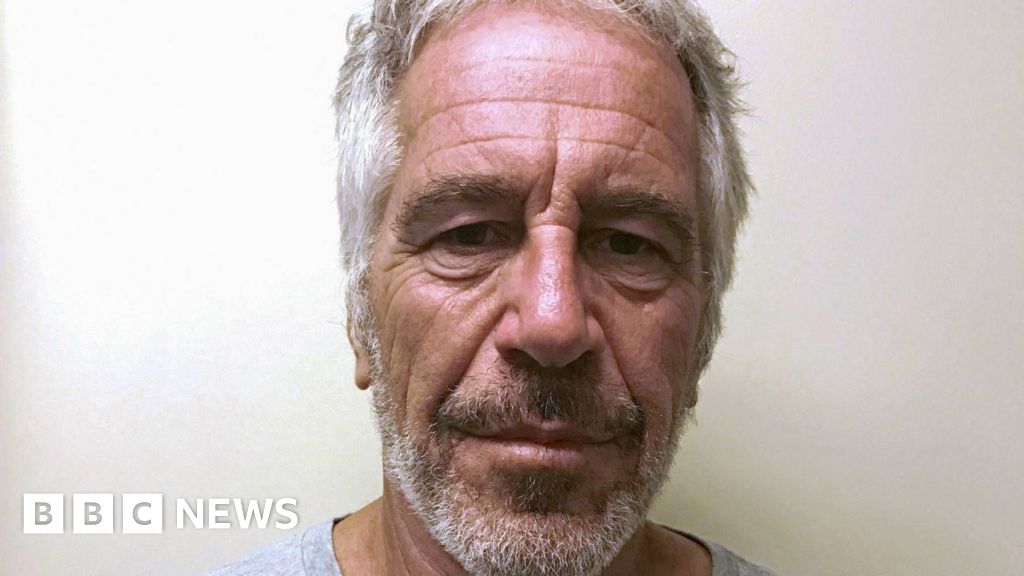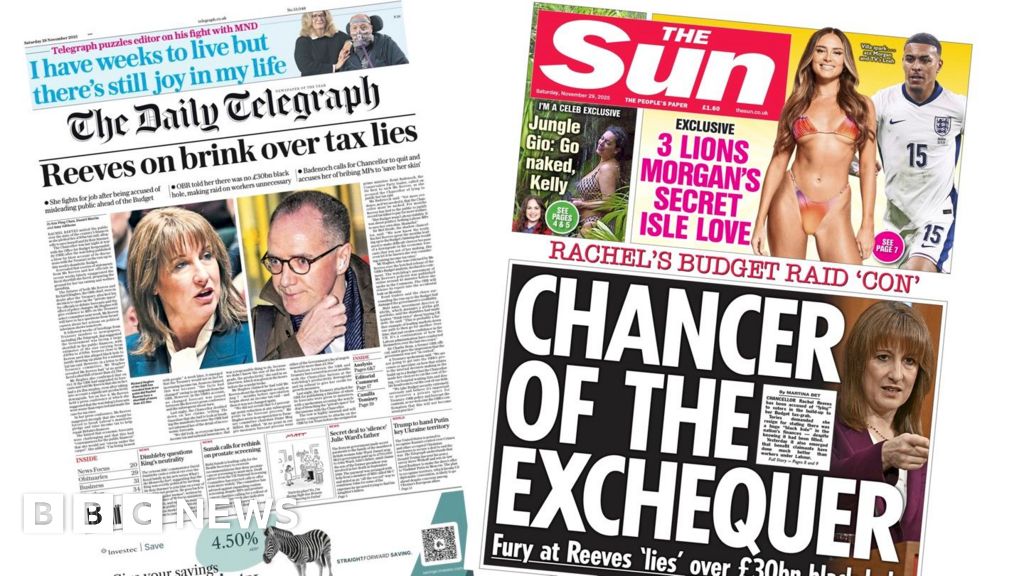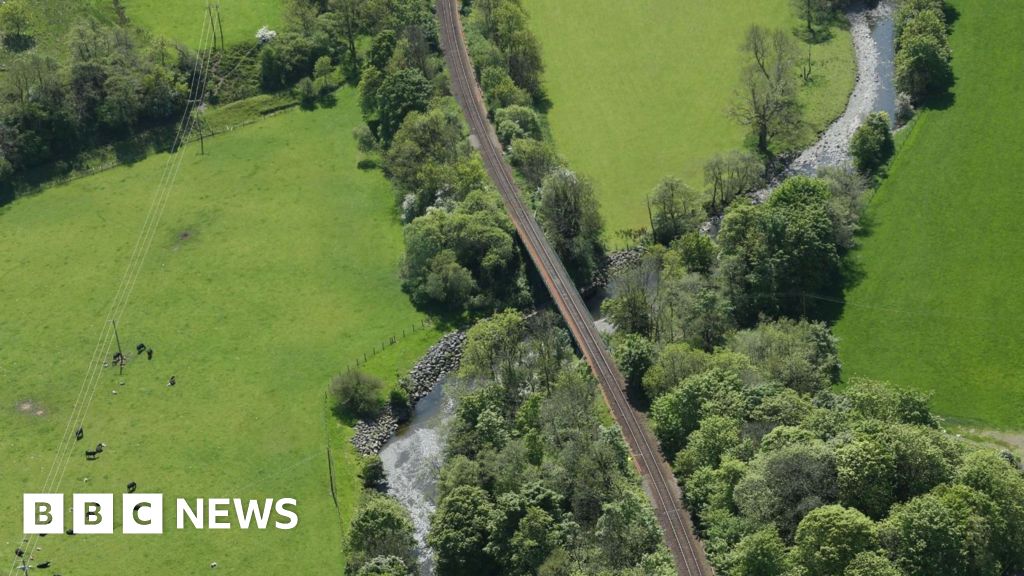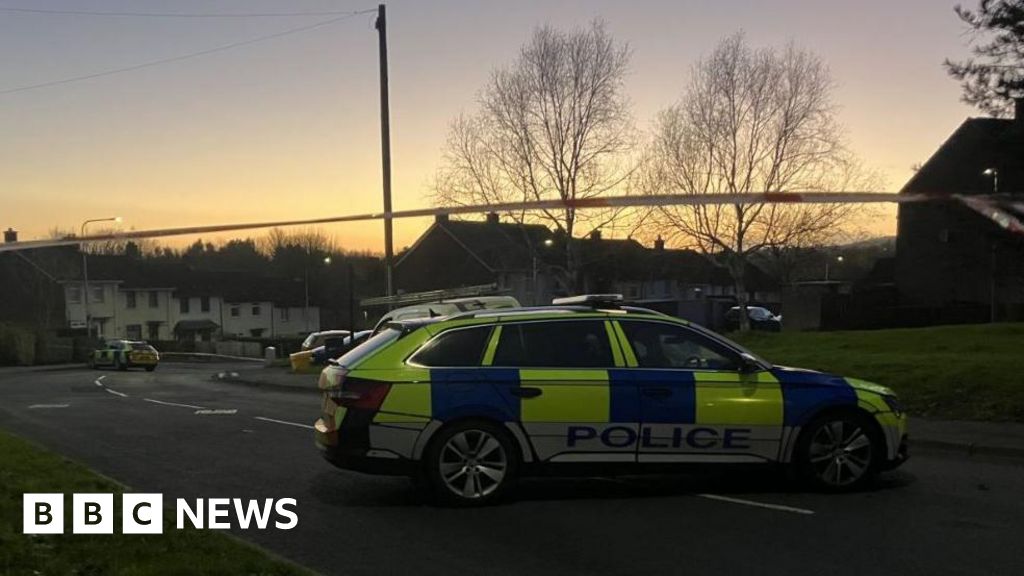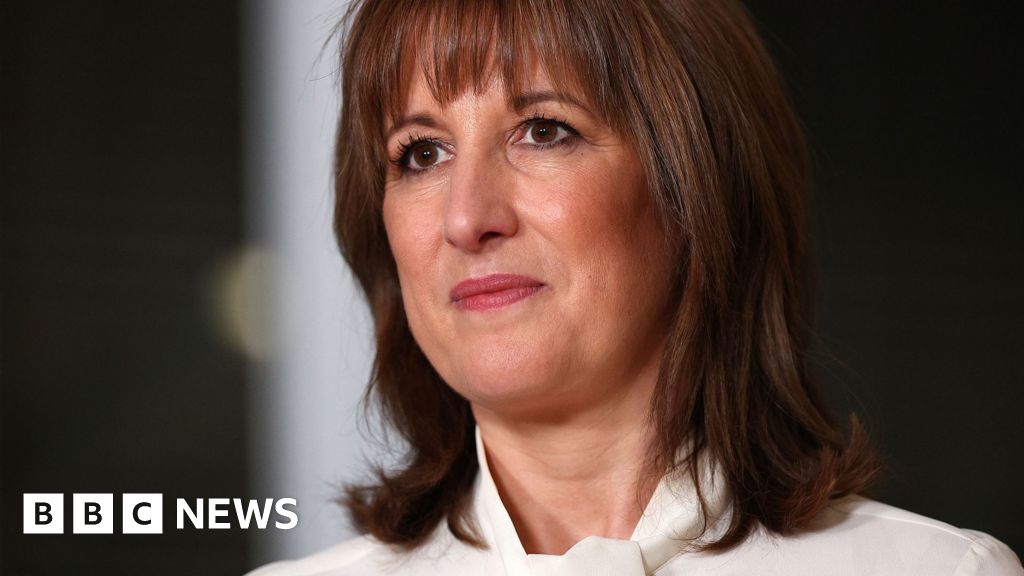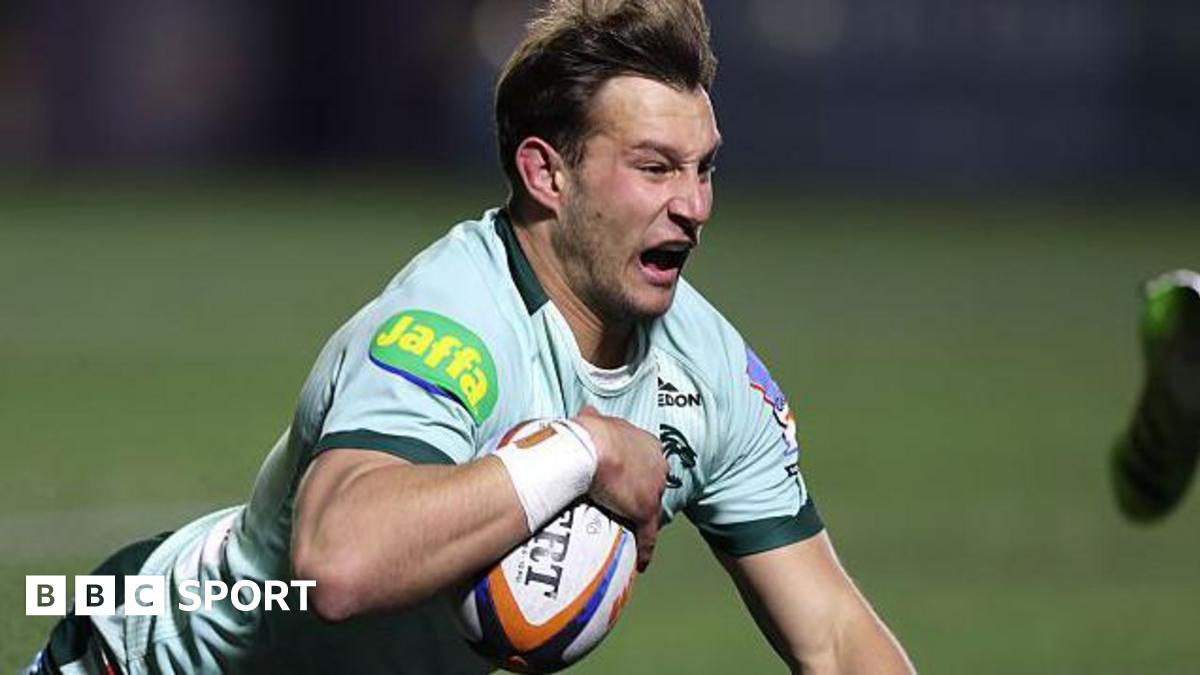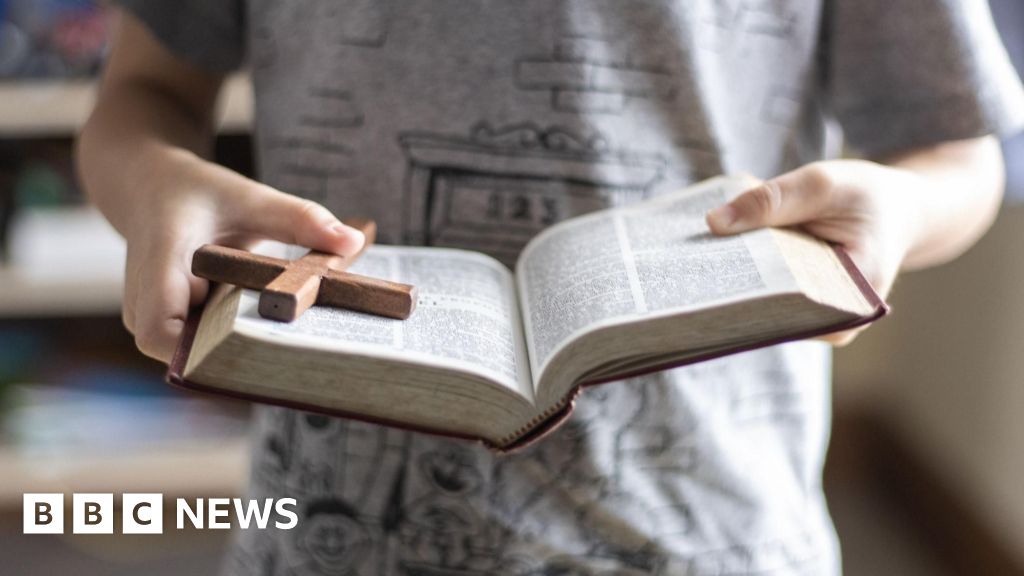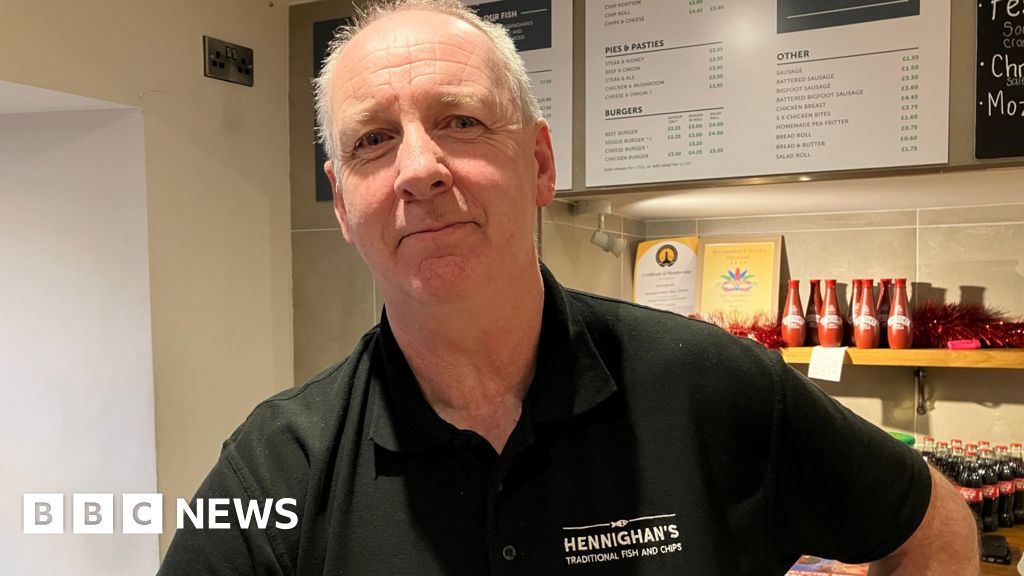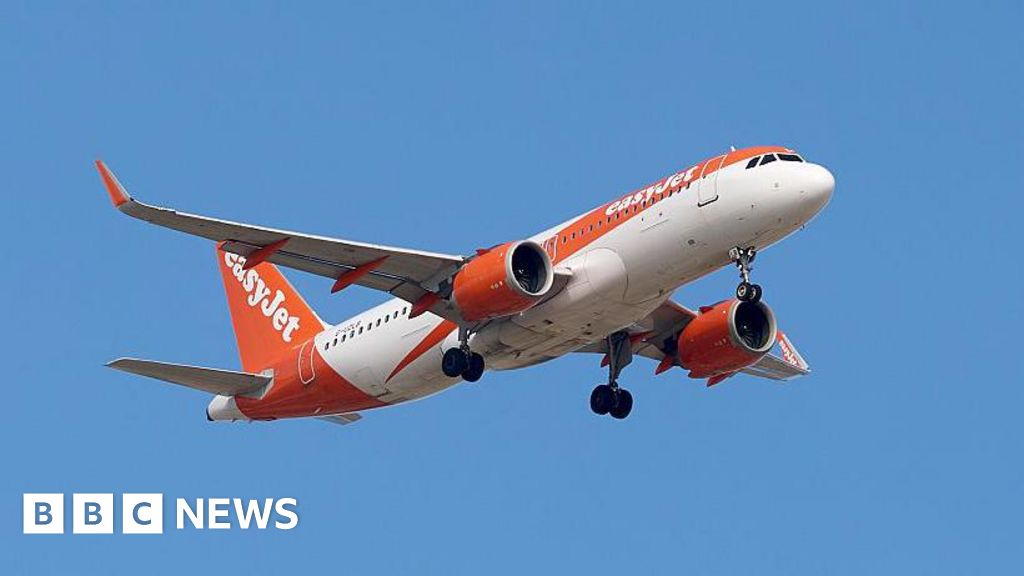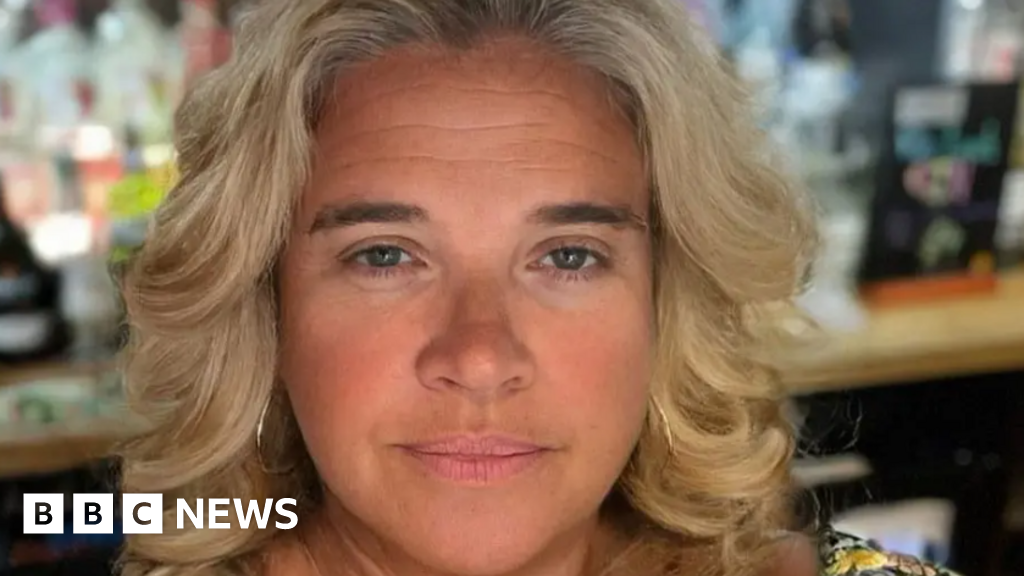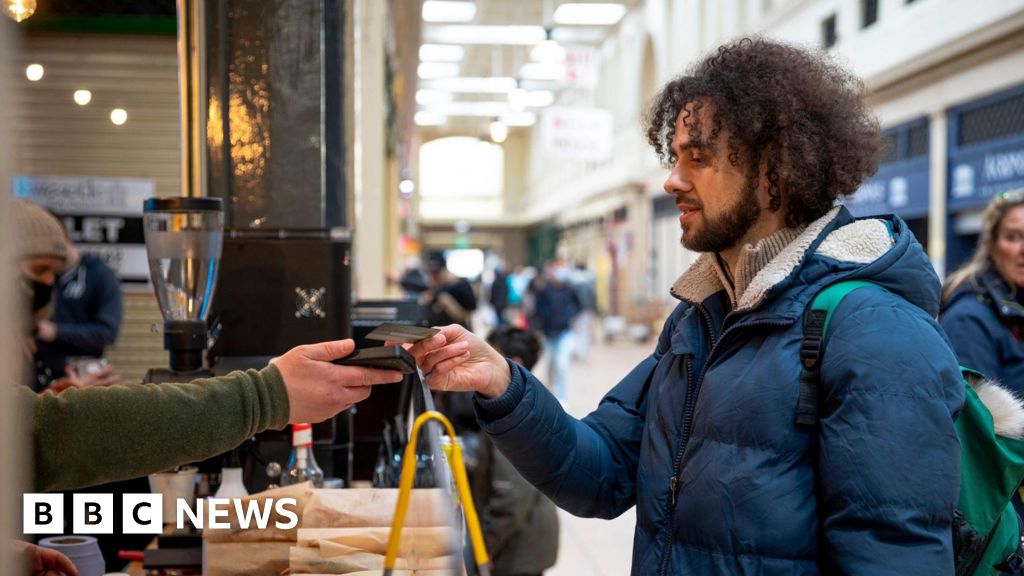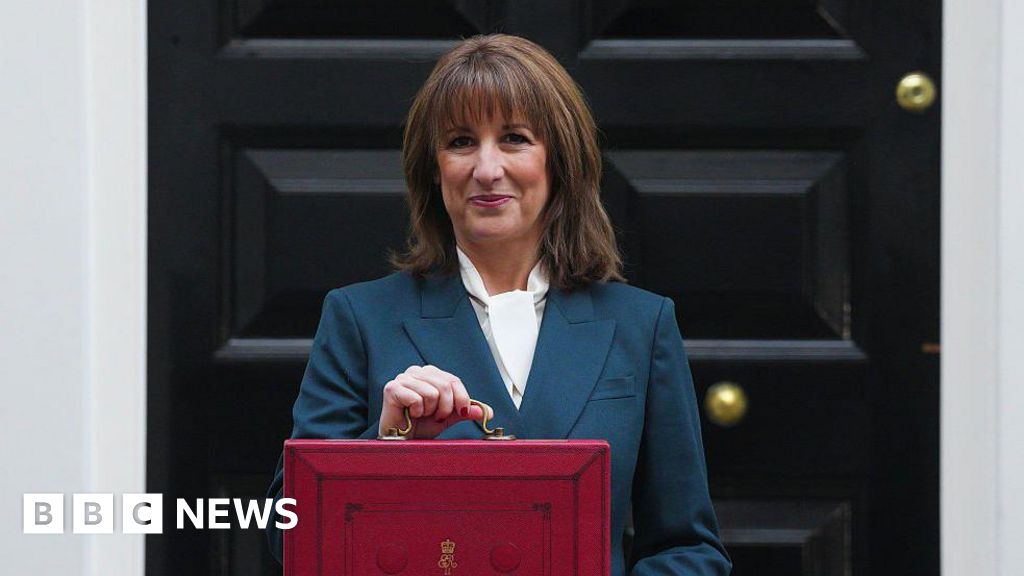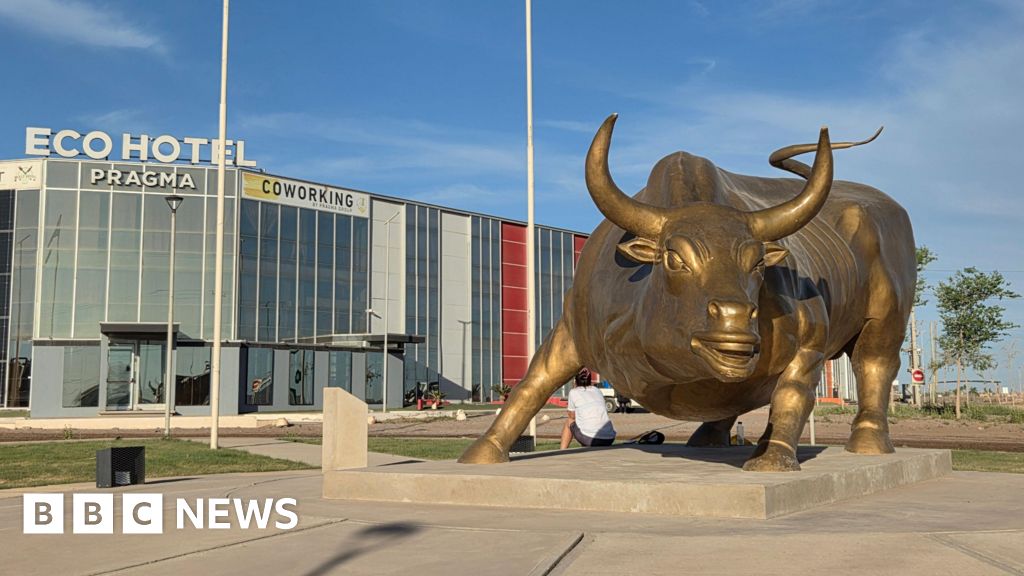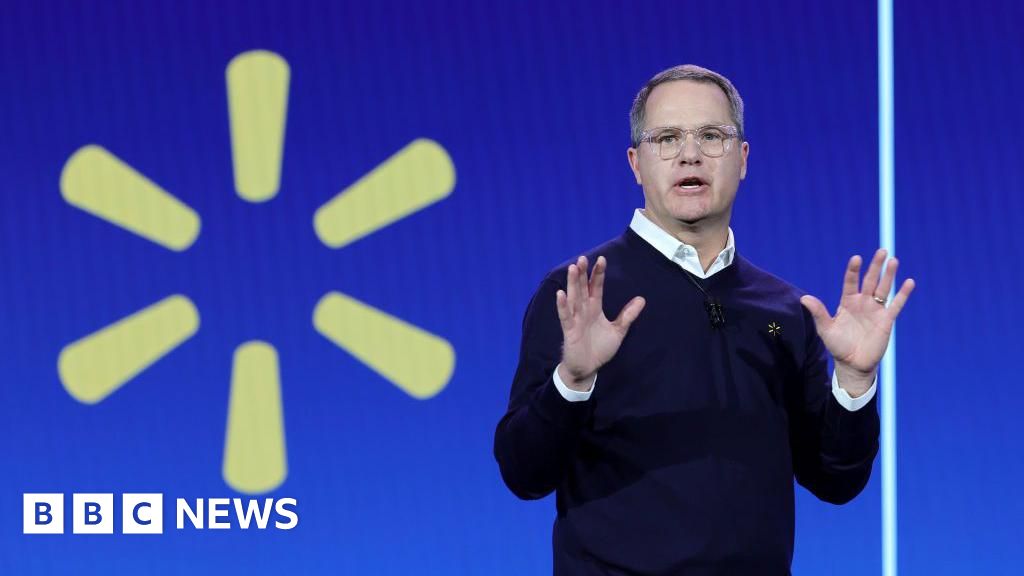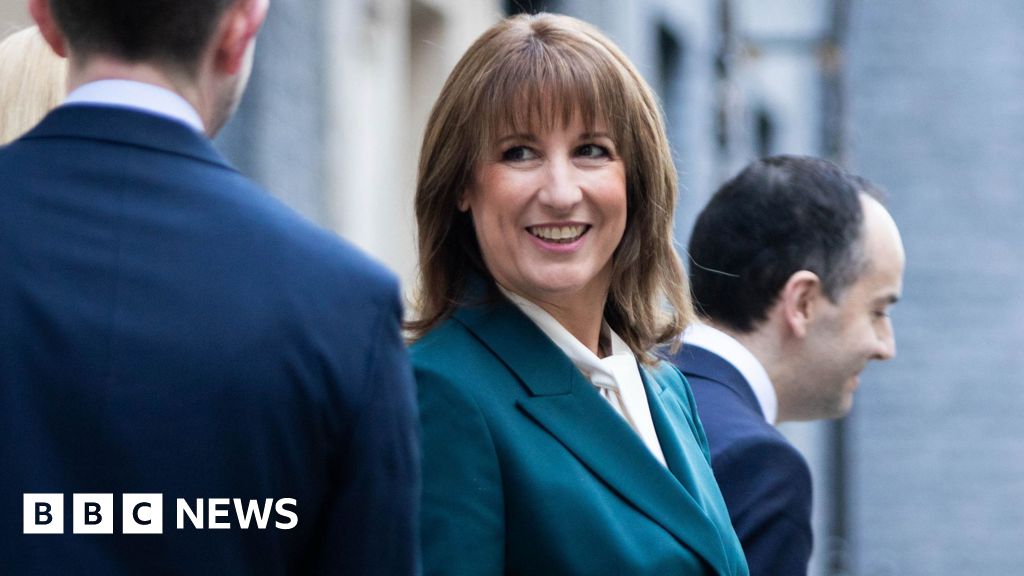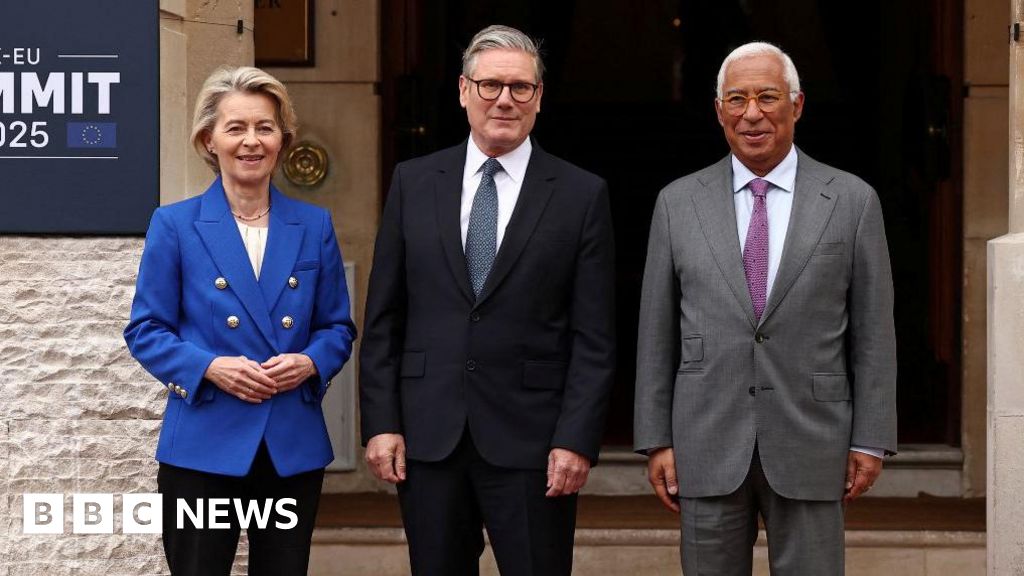The UK and the European Union have agreed a deal on fishing, trade and strengthening ties, in the first big reset of relations since Brexit.
A 12-year deal has been done on fishing access for EU boats into UK waters in exchange for easing some trade frictions – something which is likely to prompt a row.
The government is expected to argue it has secured improved trading rights for British food and agricultural products into the EU.
The Conservatives and Reform UK have described news of the deal as a “surrender” to the EU, while the Liberal Democrats said the government had taken some “positive first steps” to rebuilding ties with Europe.
A defence and security pact will be central to the agreement, which will be set out in a few hours at a UK-EU summit in London.
Announcements around trade and security were expected to include British access to a €150bn (£125bn) EU defence fund, which could be a boost for UK defence companies.
Both sides will emphasise the shared desire for deepening co-operation.
Talks between the UK and the EU continued late into Sunday evening, with defence, trade, fishing rights and a possible youth mobility scheme among the issues discussed.
The remaining stumbling blocks to a deal, mostly concerning fishing rights, were solved at about 22:30 on Sunday night, government sources said.
But other key elements, such as the idea of a youth mobility scheme, will still be subject to further negotiation.
A deal on allowing British travellers to use passport e-gates – automated self-service barriers at European airports – is also thought to be on the table.
Prime Minister Sir Keir Starmer and European Commission President Ursula von der Leyen are now meeting in central London for the second time in four days to announce the deal.
The BBC has been told it will focus on three main areas – the pact on defence and security, a statement about strengthening ties, and a document spelling out the details of issues still up for negotiation.
The reset comes after years of ill-tempered relations between the UK and the EU over Brexit, which trigged one of the most tumultuous periods in British political history.
Since Labour took office last year, governments worldwide have been forced to rethink their relationships on trade and defence, in response to US President Donald Trump’s policies and Russia’s full-scale invasion of Ukraine.
Earlier, Business Secretary Jonathan Reynolds told the BBC the UK’s relationship with the EU had some “real gaps in it”, mentioning defence, passport checks and trade in food.
He said negotiations with the EU had been “promising” and there had been some “breakthroughs”.
On fishing, he said the crucial thing the industry needed was “market access to sell the product”.
Two EU diplomats told the BBC the new UK-EU fishing deal would last until 2038.
One source said it amounted to a rollover of the existing terms agreed as part of the revised withdrawal agreement negotiated by former Prime Minister Boris Johnson’s government in 2019.
The post-Brexit deal on fishing rights, which gave EU boats continued access to UK waters, was set to expire at the end of June 2026.
One diplomatic source said the text as it currently reads says: “We note the political agreements leading to full reciprocal access to waters to fish until 30 June 2038 and extending energy cooperation on a continuous basis.”
The UK government will also unveil a £360m investment fund in coastal communities.
Fishing only accounts for an estimated 0.4% of UK GDP, but British control over its fishing waters was a big issue in the Brexit campaign.
Conservative leader Kemi Badenoch said giving the EU access to British waters for 12 years “was three times longer than the government wanted”.
“We’re becoming a rule-taker from Brussels once again,” she posted.
Reform UK MP Richard Tice said Sir Keir had sold out British fishing and promised his party would would repeal this deal if it won the next general election.
Liberal Democrat leader Sir Ed Davey said the prime minister “must ignore the naysayers and dinosaurs in Reform and the Conservative Party and be more ambitious in getting the best deal in the national interest”.
When asked if Brexit freedoms were being lost, Reynolds said the deal would “reduce bureaucracy” in areas where “we’ve got the same standards on both sides”.
And commenting on the possibility of a youth mobility scheme, Reynolds said the “details would need to be worked out” but insisted “it’s something different to freedom of movement that we had in the past”.
There have been talks about a youth mobility scheme with the EU – something that Sir Keir told the Times on Saturday would be a “reciprocal” arrangement in which young people would be able to move abroad for up to two years.
No specific details about the ages of those who could be eligible and whether there would be a cap on numbers were given, and it has received mixed responses from opposition parties.
Badenoch said the lack of details on youth mobility would increase “fears of free movement returning”, while Reform UK said earlier this week that such a scheme would be “the thin end” of EU free movement.
The Liberal Democrats have backed the idea of a “capped mobility scheme”, although the party’s Europe spokesperson James MacCleary has accused the government of “dragging their heels when it comes to properly negotiating on the issue”.

